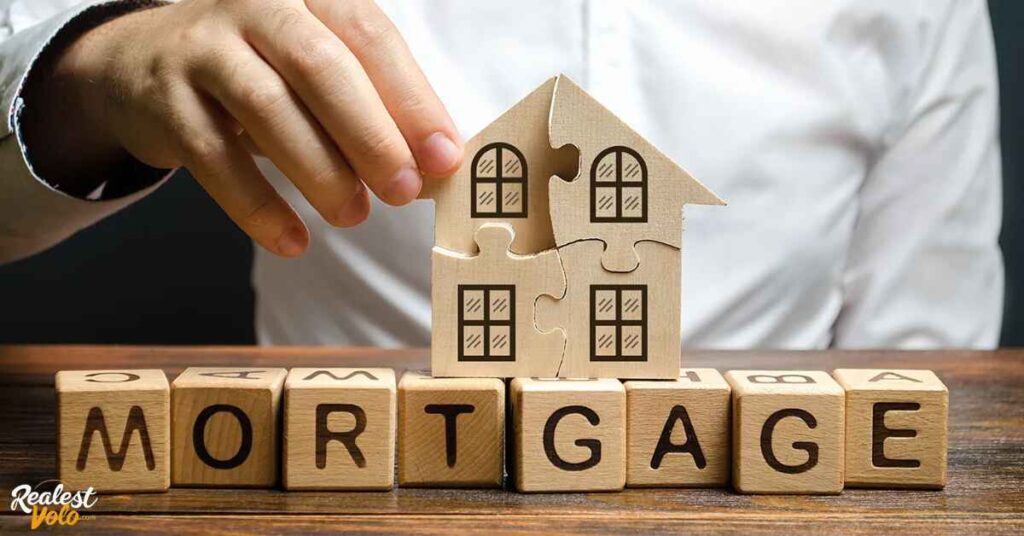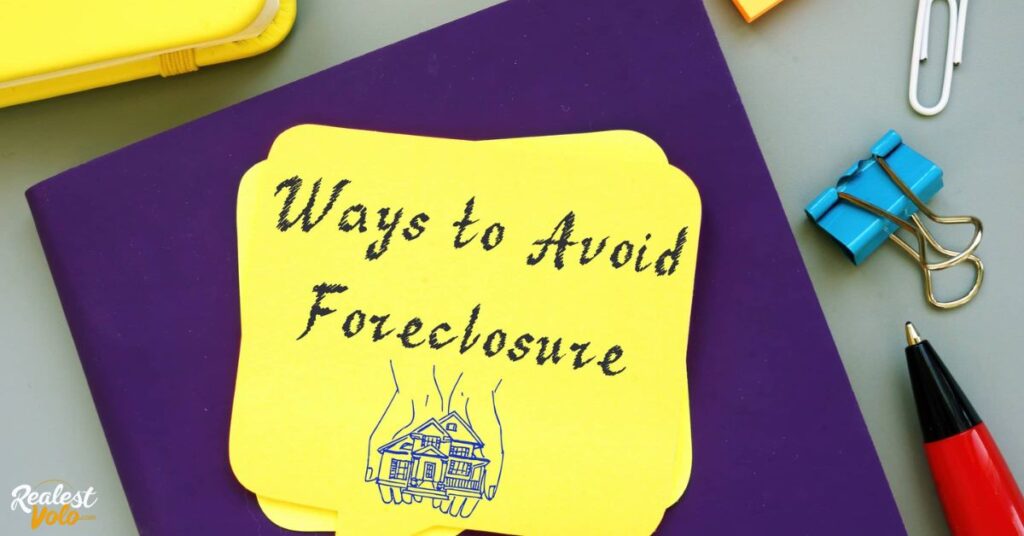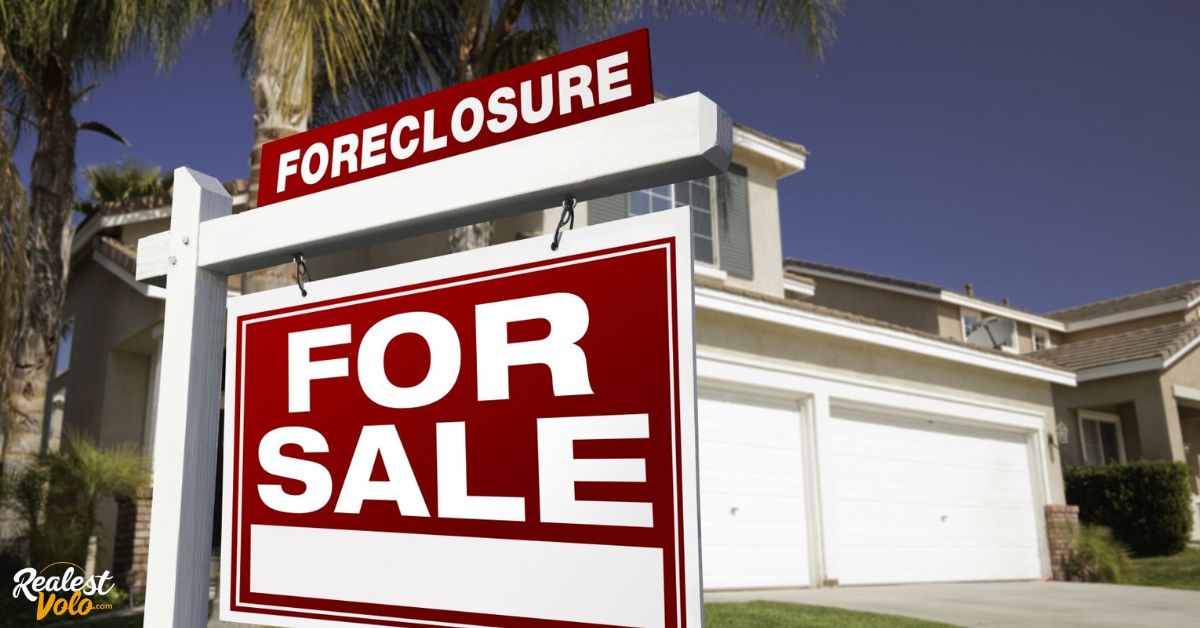Facing the possibility of foreclosure on your home can be incredibly stressful, and understanding the timeline is crucial to taking action. It’s never too late to stop foreclosure until your home is officially sold at auction. Up until that point, there are several options available, such as negotiating with your lender, applying for a loan modification, or exploring government assistance programs.
Each stage of the foreclosure process offers different opportunities to intervene and potentially save your home. By acting swiftly and seeking the right support, you can navigate these challenging circumstances more effectively. This article will guide you through the critical moments and steps you can take to halt foreclosure and protect your investment.
Can You Stop Foreclosure At The Last Minute?
Stopping foreclosure at the last minute is challenging but possible. Various options can help you halt the process, even when time is running out. By exploring legal and financial avenues, you can find a solution that fits your situation.
These include filing for bankruptcy, negotiating with your lender for a loan modification, or even selling your property quickly. Each method has its own set of requirements and potential outcomes, so understanding them is crucial. Acting swiftly and seeking professional advice can increase your chances of successfully stopping foreclosure.
File For Bankruptcy
Filing for bankruptcy can immediately halt foreclosure through an automatic stay, which stops all collection activities. Chapter 13 bankruptcy allows you to create a repayment plan for overdue mortgage payments, while Chapter 7 can discharge some debts. This option provides temporary relief and time to explore other solutions but requires careful consideration of long-term financial impacts.
Seek A Loan Modification
A loan modification involves negotiating new terms with your lender to make your mortgage more affordable. This can include reducing the interest rate, extending the loan term, or changing the loan type. Successfully obtaining a loan modification can stop foreclosure and help you keep your home, but it requires detailed documentation and approval from your lender.
Also Read: Buying Property in Mexico as a Foreigner: A Comprehensive Guide
Mortgage Forbearance

Mortgage forbearance allows you to temporarily reduce or pause your mortgage payments. This can provide short-term relief and prevent foreclosure, giving you time to improve your financial situation. After the forbearance period ends, you’ll need to resume regular payments and possibly repay the paused amounts. It’s essential to discuss the terms with your lender to ensure you understand the repayment requirements.
File a Lawsuit
Filing a lawsuit against your lender can delay foreclosure if you have legal grounds, such as improper procedures or violations of your rights. This option requires strong legal representation and can be costly and time-consuming. However, it can provide the necessary time to explore other foreclosure prevention methods or negotiate better terms with your lender.
Assumption or Lease Option
With an assumption, a qualified buyer takes over your mortgage payments, effectively stopping foreclosure. Alternatively, a lease option allows someone to lease your home with an option to buy later. Both options require lender approval and finding a suitable buyer or lessee. These methods can be viable if you’re unable to make payments but want to avoid foreclosure.
Reinstate The Loan
Reinstating the loan means catching up on all missed payments, including fees and penalties, to bring your mortgage current. This option halts foreclosure and allows you to keep your home. It requires a significant lump sum payment and is often viable if you receive a financial windfall or assistance. Contact your lender to discuss the reinstatement process and exact amount due.
Pay Off The Loan
Paying off the loan in full is the most straightforward way to stop foreclosure. This can be done through refinancing, using savings, or obtaining financial help. While challenging, this option guarantees the end of foreclosure proceedings and full ownership of your home. It’s essential to evaluate all resources and seek professional advice to determine if this is a feasible solution for you.
Sell The Property

Selling your property, either through a traditional sale or a short sale, can stop foreclosure. A traditional sale might allow you to pay off your mortgage and keep any remaining equity. A short sale requires lender approval to sell the home for less than the owed amount. Both options can prevent foreclosure but require swift action and market readiness.
Repayment Plan
A repayment plan involves negotiating with your lender to catch up on missed payments over time while continuing regular payments. This can spread out the burden and make it more manageable, halting foreclosure in the process. Each lender has different terms, so it’s essential to communicate clearly and document all agreements to ensure you stay on track.
What Happens Once The Lender Files A Lawsuit?
Once the lender files a lawsuit, the foreclosure process officially begins, and you’ll receive a summons and complaint. This legal document outlines the lender’s case for foreclosure and your required response.
You typically have a specific timeframe to respond, usually around 20-30 days. If you don’t respond, the court may grant a default judgment to the lender. Responding allows you to present your case, possibly negotiate alternatives, or dispute the foreclosure. It’s crucial to seek legal advice immediately to understand your rights and explore all available options to stop the foreclosure.
Also Read: Risks of Buying Real Estate in Mexico 2024
How To Stop Foreclosure
Stopping foreclosure involves exploring various options to either catch up on missed payments or find alternative solutions. The key is to act quickly and understand the options available to you. These options include changing your loan terms, selling your house, filing for bankruptcy, or considering a sale-leaseback with SKYDAN.
Each approach has its own benefits and requirements, so it’s important to evaluate them carefully and choose the best solution for your situation. Seeking professional advice can also help you navigate these options effectively.
Change Your Loan Terms
Modifying your loan terms can make your mortgage more manageable and halt foreclosure. This can involve reducing your interest rate, extending the loan term, or even forgiving part of the principal. To pursue this option, you need to contact your lender and discuss possible modifications. Approval depends on your financial situation and lender policies, but it can provide a sustainable way to keep your home.
Sell Your House
Selling your house is a practical way to avoid foreclosure if you have enough equity. A traditional sale allows you to pay off the mortgage and potentially keep any remaining funds. If you owe more than the house’s value, a short sale might be an option, requiring lender approval. Selling quickly can relieve financial pressure and preserve your credit rating compared to a foreclosure.
File For Bankruptcy
Filing for bankruptcy can stop foreclosure temporarily through an automatic stay. Chapter 13 bankruptcy allows you to create a repayment plan for missed payments, while Chapter 7 can discharge some debts. This option provides immediate relief but has long-term financial implications. It’s crucial to consult a bankruptcy attorney to understand the process and determine if this is the right solution for you.
Sale-Leaseback with SKYDAN
A sale-leaseback with SKYDAN allows you to sell your home and lease it back, providing immediate financial relief while letting you stay in your home. This option converts home equity into cash, helping to stop foreclosure. You sell your property to SKYDAN and lease it back under agreed terms, offering a flexible solution to regain financial stability without relocating.
How Do You Avoid Foreclosure In The First Place?
Avoiding foreclosure starts with proactive financial management and open communication with your lender. Create a realistic budget and stick to it, ensuring you prioritize mortgage payments. If you encounter financial difficulties, contact your lender immediately to discuss potential solutions like loan modifications, forbearance, or repayment plans.
Exploring options like refinancing to lower monthly payments can help. Staying informed about your mortgage terms and seeking professional advice when needed can also provide the support you need to keep your home and avoid foreclosure altogether.
Ways To Avoid A Foreclosure

Avoiding foreclosure involves several proactive strategies that can help you stay on track with your mortgage payments:
- Communicate with Your Lender: Contact your lender as soon as you encounter financial difficulties. They may offer solutions like forbearance or loan modification.
- Refinance Your Mortgage: Refinancing can lower your monthly payments, making them more manageable.
- Create a Budget: Prioritize mortgage payments by creating and sticking to a realistic budget.
- Seek Professional Help: Consult a housing counselor or financial advisor for personalized advice.
- Explore Assistance Programs: Look into government and non-profit programs designed to help homeowners in distress.
Frequently Asked Question
Is It Ever Too Late To Stop Foreclosure On My Home?
Until your home is sold at auction, there are options available to halt foreclosure proceedings.
What Happens If I Receive A Notice Of Default?
A Notice of Default is a warning sign but not the end. It’s a signal to take action to avoid foreclosure.
Can I Negotiate With My Lender Even After Foreclosure Proceedings Have Started?
Yes, negotiating with your lender is possible at various stages of foreclosure to explore alternatives.
What Options Do I Have If I Receive A Foreclosure Notice?
Options include loan modifications, government assistance programs, or selling the property.
Is It Possible To Stop Foreclosure Once The Auction Date Is Set?
While challenging, it’s still possible to stop foreclosure before the auction date through legal and financial interventions.
Final Words
Foreclosure is a multi-stage process, and you can act to stop it until your home is sold at auction. Initially, after receiving a Notice of Default, you have opportunities to catch up on missed payments or negotiate with your lender.
Even in later stages, options like loan modifications, mortgage forbearance, or filing for bankruptcy can halt the process. However, once your home is sold at auction, it’s too late to stop foreclosure.
Acting quickly and seeking professional advice can help you explore all available options to save your home. Remember, the critical point is the auction sale—ensure you take action before then to protect your investment.











